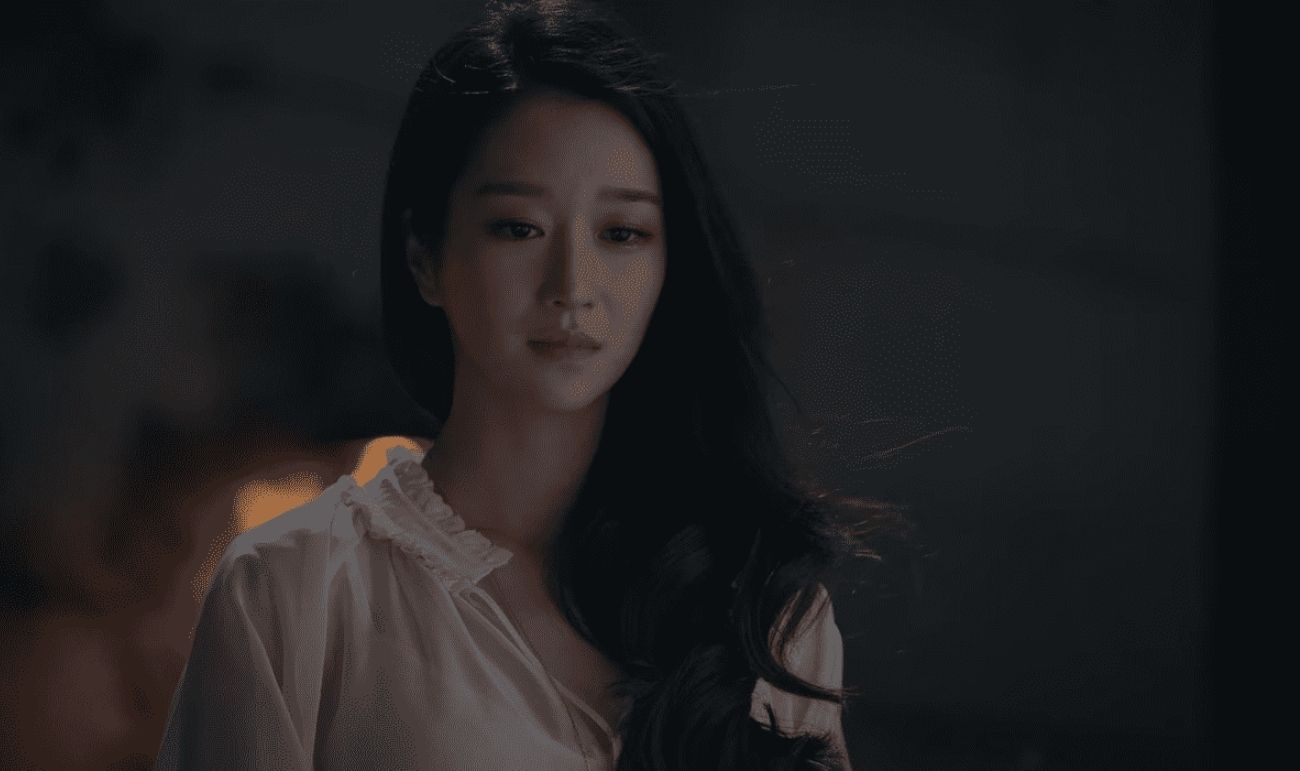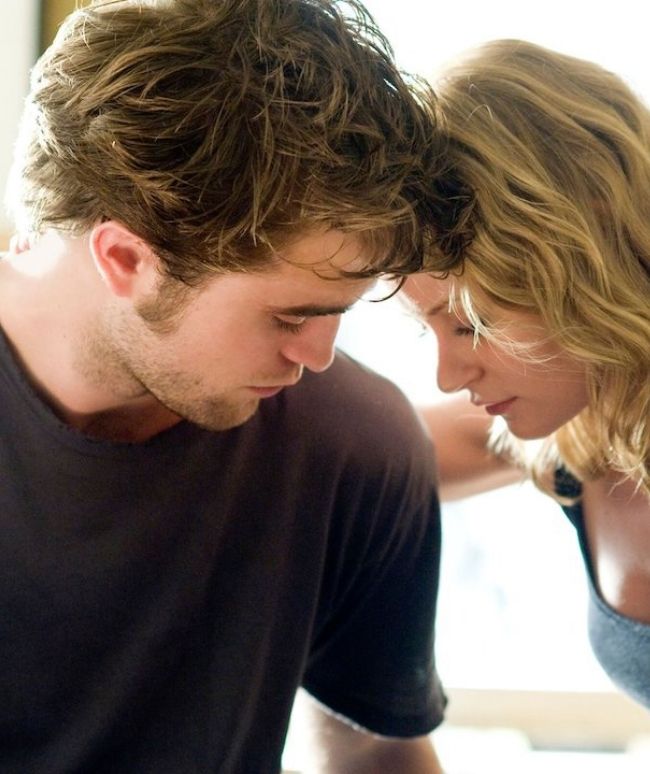
I was born a bit stupid
Korean series are among my favorite genres, yet I watch them less frequently than English series. The reason is simple – I need to dedicate my full attention and gaze at the screen continuously because I don’t understand the language, and thus I must rely on subtitles. However, there’s a unique advantage to this, as it allows me to fully immerse myself without distractions.
In 2021, a new Korean drama emerged on Netflix with the English title “It’s Okay Not to Be Okay,” which can be translated as “It’s Okay to Be Wrong.” While the English title may carry a slightly different connotation, in this context, “okay” refers to mental health. This series revolves around this theme, which becomes apparent around episodes 2-3. Initially, I thought I was watching just another drawn-out romance.
The main character works in a psychiatric hospital, caring for its patients. In one of the episodes, a famous minister’s son is admitted to the ward. After a brief stay, the patient escapes from the facility and, during a climactic chase scene, appears at his father’s rally. There, he delivers a heartfelt speech into the microphone. On the surface, it seems like an act of defiance against his father for institutionalizing him. However, upon deeper reflection, it becomes a poignant plea for love and understanding.
"As you can see, I am mentally ill! Yes, I am the ugly duckling in this family. I bring shame to the family! [...] I am the only fool in the family. But it's not my fault. I was born… I was born a bit stupid.."
The struggle with mental illness isn’t solely about the illness itself, but also the way we perceive ourselves through the eyes of others, often unkindly. It’s not to say that the illness isn’t a challenge in itself, but the emotional pain experienced by those dealing with mental health issues can be unfathomable.
When a baby is born, it has no awareness of its intelligence, appearance, or any other differences. Children are free from judgment; they experience happiness, smile, and cry. Their emotions are pure and simple. As they grow, they begin to notice differences from other children and how they are treated differently. They start seeing themselves through the world’s judgmental eyes.
He ignored me because I didn't understand everything [...] I'm his child too. He treated me like I didn't exist. And I just wanted… I just wanted him to pay attention to me. I wanted him to look at me. I was doing crazy things to get him to notice me.
If we only could maintain that initial sense of self-love and beauty and dismiss others’ perceptions of us.
Imagine looking at yourself in a mirror and feeling beautiful. Your mother approaches you and says you look very nice, but it might be even better if you ate a little less, so you’d look even more beautiful. At this point, you start to learn that it can be better, though not necessarily bad. The next day, you acquire a new dress and excitedly show it off to your siblings, only for them to burst into laughter, teasing you that you resemble a hefty piglet. You may not fully believe them, but you start to question whether you’re too heavy.
You leaf through your mother’s glossy magazines and see beautiful models who look nothing like you. At school, while other children chat with one another, you feel too self-conscious to join in. You observe others, who are thinner than you, and the comparisons intensify. You imagine that they don’t want to associate with you because of your weight.
Children begin to notice that you don’t approach anyone, you don’t engage in conversations. They share their observations with their friends, asserting that you are different, strange, and that no one wants to be around “fat” people. You return home, look in the mirror, and all you feel is sadness, regret, and self-loathing

When we begin to internalize others’ views of us as our own, we lose our connection with our true selves. We strive to be as wise as others, forgetting that there will always be someone wiser, and those who label us as unintelligent often think of themselves in the same way. Driven by self-dislike and concealed anger, they project their insecurities onto us.
For me, it was truly liberating to realize that I would never be as beautiful as others, as wealthy as others, or as intelligent as others. It’s simply impossible because each of us is unique. So, I can only be as beautiful as I am, as wealthy as I am, and as wise as I am, to the extent I allow myself to be. Even if someone deems us unattractive, it’s only because they have different standards of beauty. Similarly, someone considering us poor may indeed be true, as compared to their wealth, our resources may seem meager. Conversely, our modest holdings could appear as incredible riches to someone with even less.As you can see, our opinions are subjective, far from objective, since each of us uses unique measures for evaluation, grounded in different starting points. Thus, instead of viewing ourselves through the lens of subjective opinions, through the eyes of others, let’s look at ourselves through our own eyes, and recall the pure feelings of a child, untainted by the judgments of others.
How beautiful would it be if, as human beings, we didn’t view ourselves and our illnesses as something inferior, thus avoiding social alienation and preventing others from doing the same? How can others love us if we don’t love ourselves? Conversely, how can we learn to love ourselves when we’ve never experienced love from an early age, only witnessing others having it, desiring it more and more, yet it remains elusive?

Organize your life.
The first publication in the Untold product series, created to share methodology for organizing everyday life, cultivating systematic discipline, and developing proper habits. Drawing from the author's experience, knowledge, beliefs, and commonly available coaching tools, she aims to inspire you to take action and present you with a straightforward approach to achieving fulfillment and building self-esteem. Written in a simple way, it contains examples from everyday life, practical tips, exercises, and beautiful graphics. Available in e-book and audiobook.




Leave a Reply